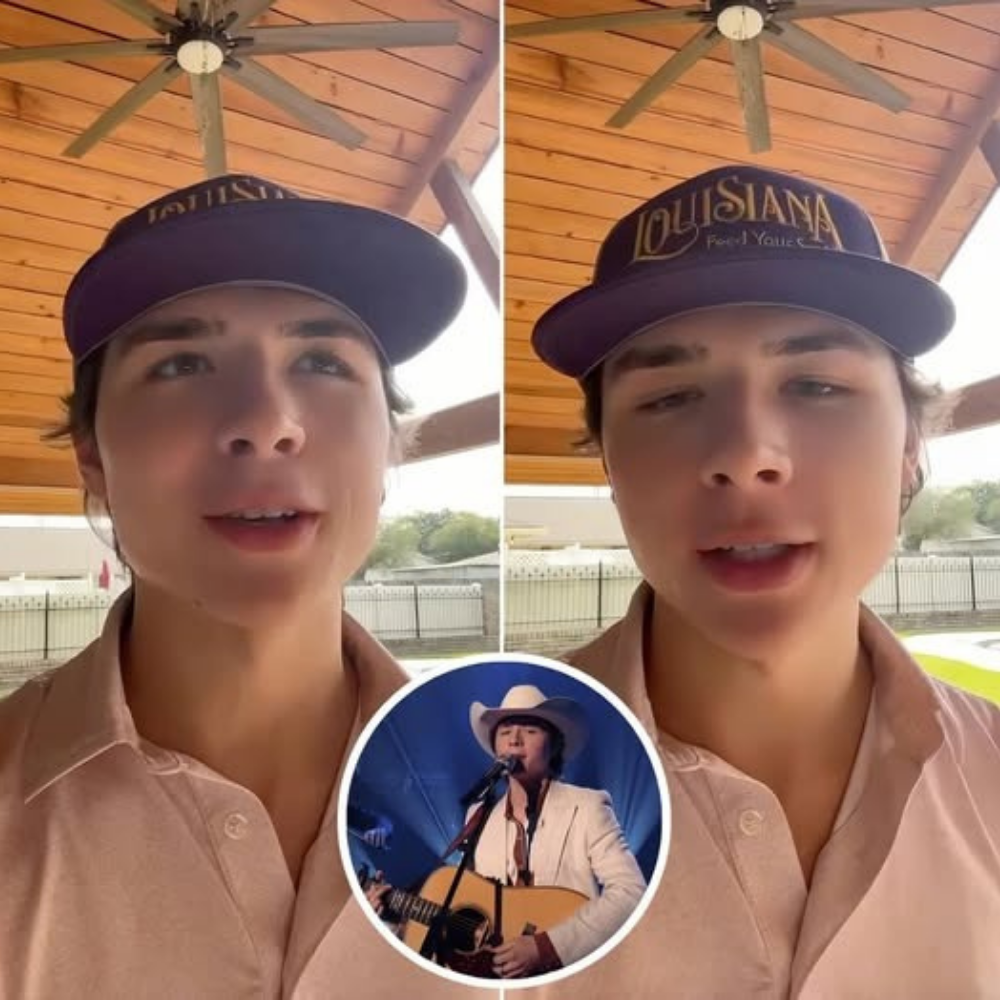In a recent satirical interview that took social media by storm, rap icon Drake responded to Kendrick Lamar’s highly acclaimed Super Bowl halftime performance, which has reignited their ongoing rivalry. The exchange was filled with sharp humor and pointed jabs, reflecting the animosity between the two artists while simultaneously highlighting Kendrick’s recent successes.

The interview began with a tongue-in-cheek acknowledgment of a fictional lawsuit stemming from a previous encounter between the two rappers. Drake humorously recounted receiving a hefty fine and community service for an alleged “assault” during that interview. With characteristic bravado, he declared, “never mess with the six,” a nod to his Toronto roots and persona as the “6 God.”
The conversation quickly turned to Kendrick Lamar, who recently garnered five Grammy Awards for his hit song “Not Like Us.” The song, which features lyrics taking aim at Drake, was even performed at the Grammy ceremony, further amplifying the tension between the two artists. Drake scoffed at Kendrick’s recognition, implying that the music industry is conspiring against him to elevate Kendrick’s status, quipping, “Look at the industry controlling their puppet on a string.”
As the discussion progressed, the interviewer brought up Kendrick’s performance at the Super Bowl, noting that it was the most-watched halftime show in history. In response, Drake seemed unfazed, deflecting the attention back to his own upcoming R&B collaboration with PartyNextDoor, asserting that he would soon dominate the charts and overshadow Kendrick’s achievements. “My sales and streams are about to go crazy and destroy Kendrick,” he proclaimed, attempting to downplay the impact of Lamar’s recent accolades.
However, the statistics tell a different story. Following the Super Bowl, Kendrick’s streaming numbers reportedly surged by 175%, and his single “Not Like Us” reclaimed its spot as the most-streamed song globally. The interview highlighted this stark contrast, with the interviewer reminding Drake that Kendrick’s success might not be so easily dismissed.
Drake’s bravado, while entertaining, appeared to mask a deeper concern about the current state of his rivalry with Kendrick. The playful banter between the two artists encapsulated the competitive nature of hip-hop, where public perception and streaming numbers can shift rapidly. As the interview concluded with laughter, the tension remained palpable, leaving fans eager to see how this rivalry will evolve in the coming months.
In the world of hip-hop, where feuds can define careers, both Drake and Kendrick Lamar continue to command attention. As they each prepare for their next moves—whether through new music or public appearances—their rivalry promises to be a significant focal point in the industry, captivating audiences and shaping the narrative of contemporary rap culture.
